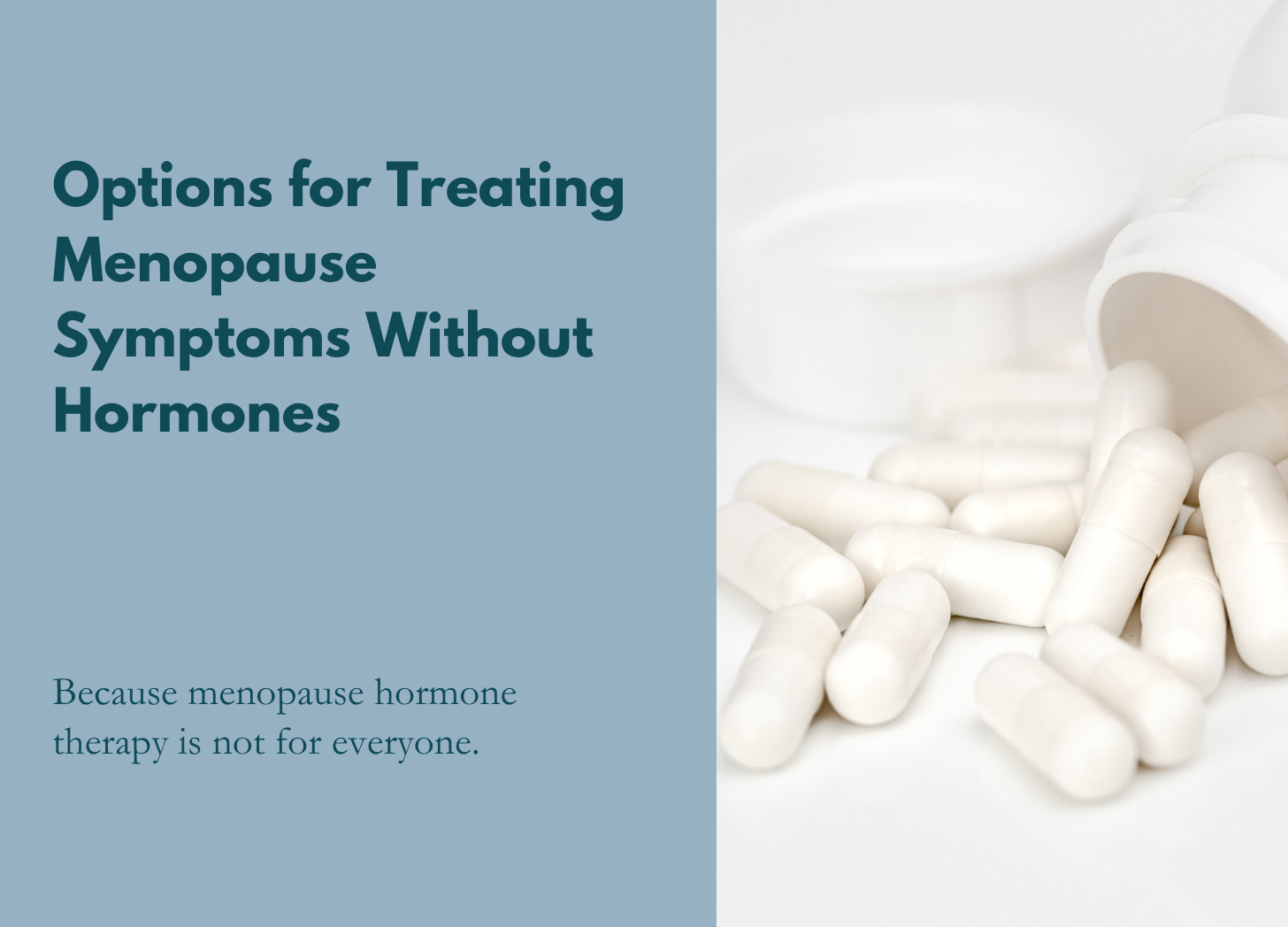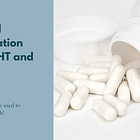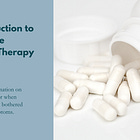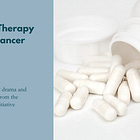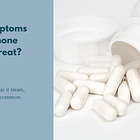So what are your non-hormone options for treating menopause symptoms?
Because menopause hormone therapy isn't for everyone.
Some medical practitioners and mid-life health and wellness influencers will go to great lengths to convince you that ALL mid-life women should go on menopause hormone therapy. And while research around menopause and the impacts of menopause hormone therapy (MHT) is still in its infancy, current guidelines recommend MHT only for women experiencing disruptive menopause symptoms.
In addition, some women aren’t candidates for hormone therapy due to risk factors like blood clots or breast cancer. And other women simply prefer to not use medication unless absolutely necessary.
So what are your options for managing disruptive menopause symptoms if menopause hormone therapy isn’t in the cards for you, or you want to avoid using medication? It’s a great question, so let’s talk about it.
What if I’m open to taking hormone therapy to manage symptoms, but I can’t because I’m at risk for blood clots or breast cancer?
Non-hormone prescriptions like SSRI’s (Lexapro, Zoloft, etc.), the anti-epileptic drug gabapentin, and the blood pressure medication clonidine can be helpful in reducing vasomotor symptoms like hot flashes and night sweats.
Promising new non-hormone drugs (like Fezolinetant) reduce frequency and severity of vasomotor symptoms and can be a great option for women who can’t take hormones. In the coming years, women will have more options than ever to manage challenging menopause symptoms. Hallelujah!
And while vaginal estrogen therapy is considered safe for all women, there are over-the-counter lubricants and balms to help hydrate and soothe dry, irritated vaginal and vulvar tissue.
What if I hate using medication and just don’t want to. What are my options?
Mind-body therapies like cognitive behavior therapy and hypnosis are considered effective therapies for treating vasomotor symptoms. The challenge is finding a practitioner who has worked with menopausal women using these therapies - many will not have treated women for menopausal symptoms before. That doesn’t mean those therapies won’t be helpful to you, you just might need to do a little educating before diving into a series of appointments.
And then, of course, you can focus on dialing in the foundational principles of good health: exercise, sleep, nutrition, and stress management. While working on improving each of these areas may not directly improve all of your menopause symptoms, they can contribute toward a better quality of life which can make a big difference in terms of how well you tolerate the wild roller coaster that is menopause.
As an added bonus: working to improve in these four key areas will also set you up for healthy aging post menopause.
Got it. What’s next in the series?
The next post focuses on strategies for weighing risks and benefits when making decisions about hormone therapy. Turns out our brains are hardwired to be really bad at thinking about risk so it should be an interesting conversation. You can read it here:
XO,
Rebecca
P.S. Missed the other posts in this series? You can find them below:



